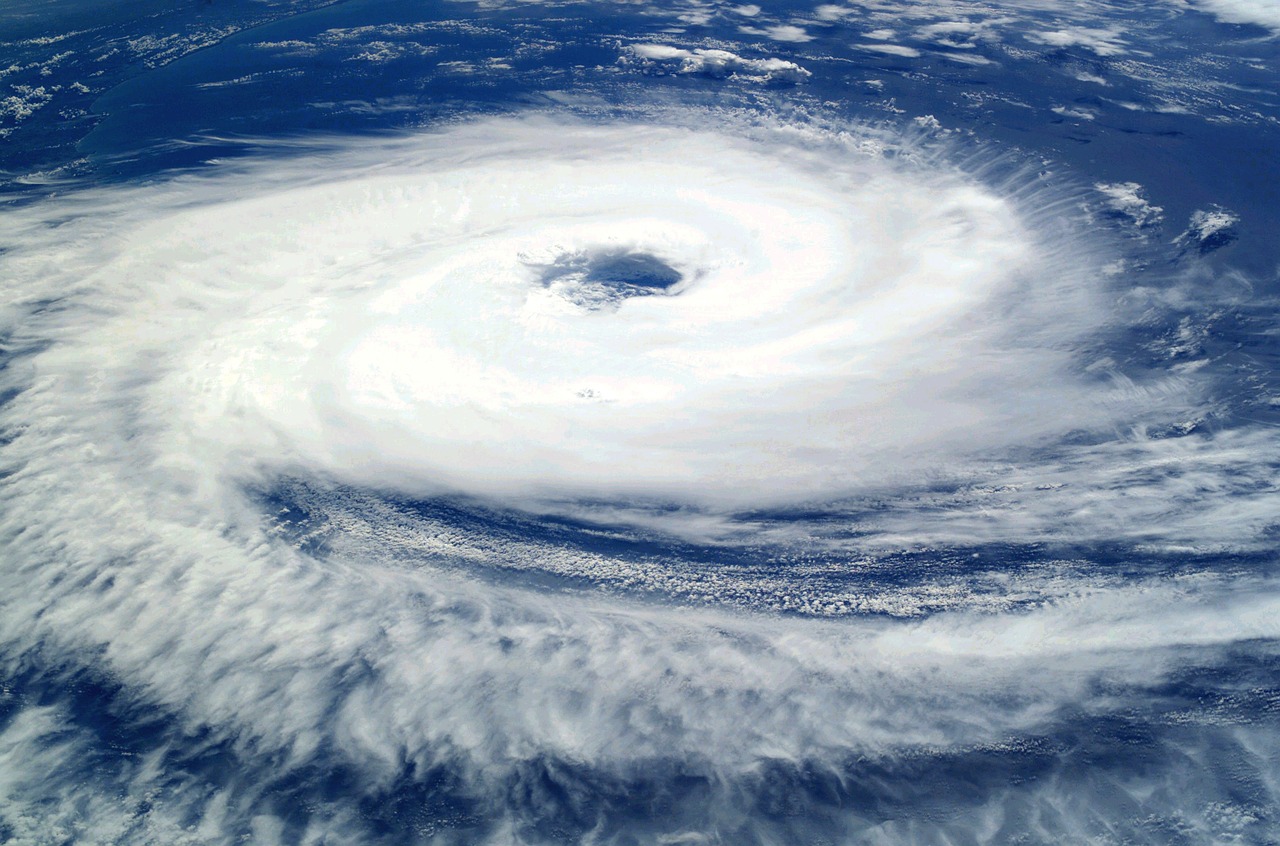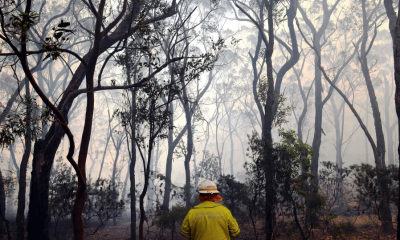More than leaving lasting damage to the natural environment, climate change is also making human diseases worse, according to a study.
Climate change is not a new problem. Since the initial connection between human activities and global warming in the late 1930s, the scientific community has been spreading information about the rapid changes the planet is experiencing due to man-made greenhouse gas emissions.
A groundbreaking study published in Nature Climate Change has revealed that climate change has worsened diseases triggered by viruses, bacteria, animals, fungi and plants.
Conducted by researchers at the Mānoa’s University of Hawaii, the study analyzed over 70,000 scientific papers for examples of direct links between known diseases and global warming. Out of the 375 diseases analyzed, the team found that 218 were affected by climate change.
Specifically, the team found that climate change-related hazards – like ice precipitation, humid environments, and warmer temperatures – could bring pathogens closer to people. This favors the proliferation of ticks, mosquitoes, fleas, birds, and mammals responsible for the spread of viruses and bacteria that cause Lyme disease, malaria, dengue, and the plague, to name a few.
The researchers also found that extreme weather events caused by climate change have resulted in the displacement and forced migration of thousands of people in the world’s most vulnerable parts, triggering more contact between humans and pathogens.
The changing weather is also pushing the pathogens to adapt and become stronger, while added stress from unsafe living conditions and lack of access to healthcare has made the human immune system weaker.
“Given the extensive and pervasive consequences of the COVID-19 pandemic, it was truly scary to discover the massive health vulnerability resulting as a consequence of greenhouse gas emissions,” said Camilo Mora, a study lead author and geography professor in the College of Social Sciences.
The study also brought some positive news. For example, some pathogens and viruses that couldn’t survive in warmer weather got reduced.
But this hardly balances out how much worse certain diseases have gotten, making it unlikely for humans to adapt in time.
“The world will need to reduce the greenhouse gas emissions that are driving climate change to reduce these risks,” the authors concluded.
















